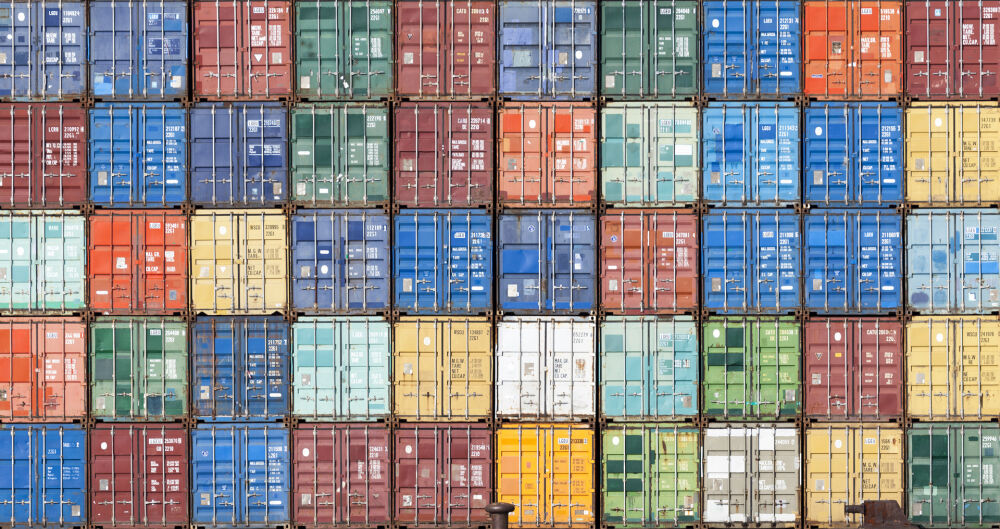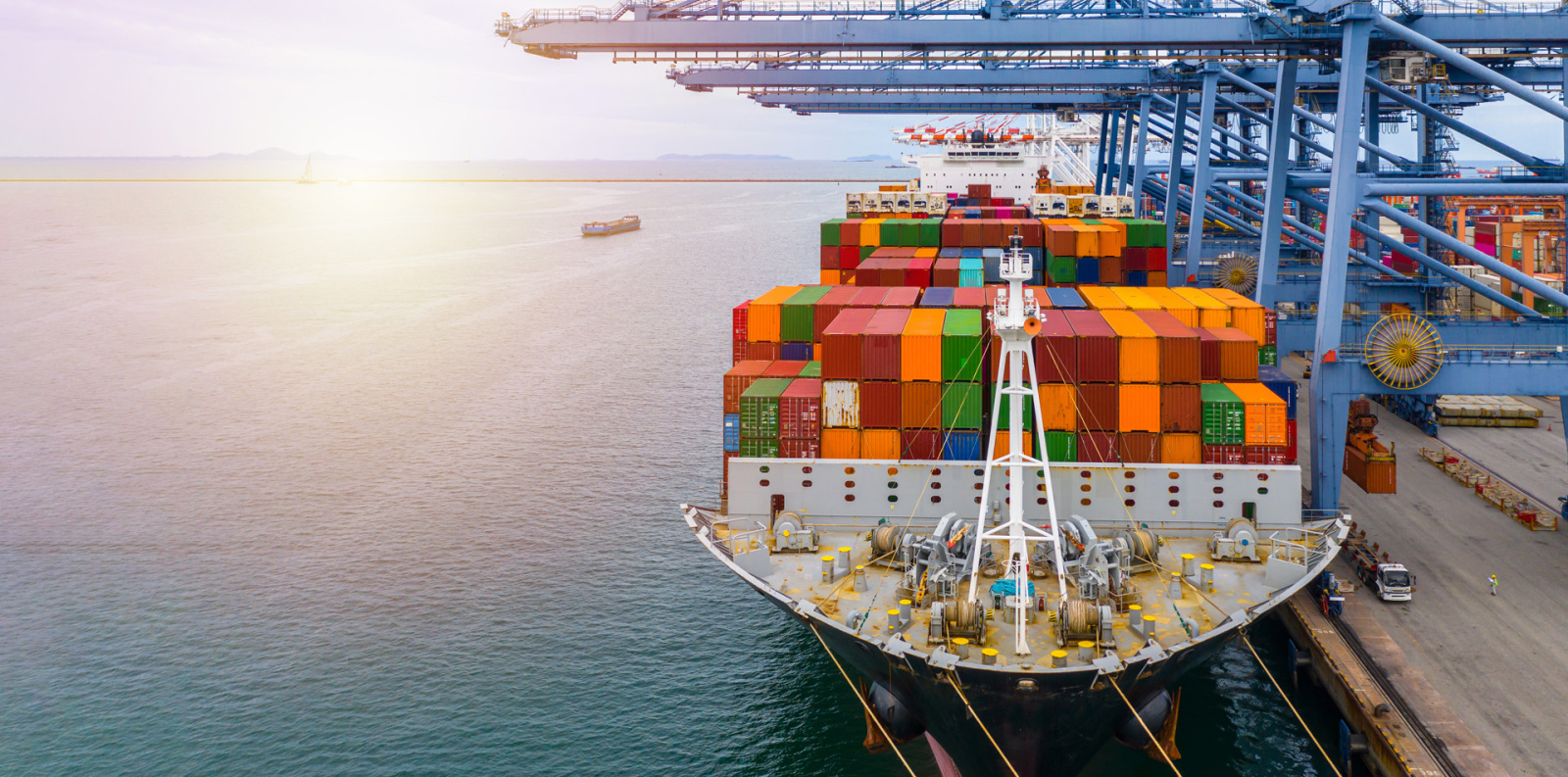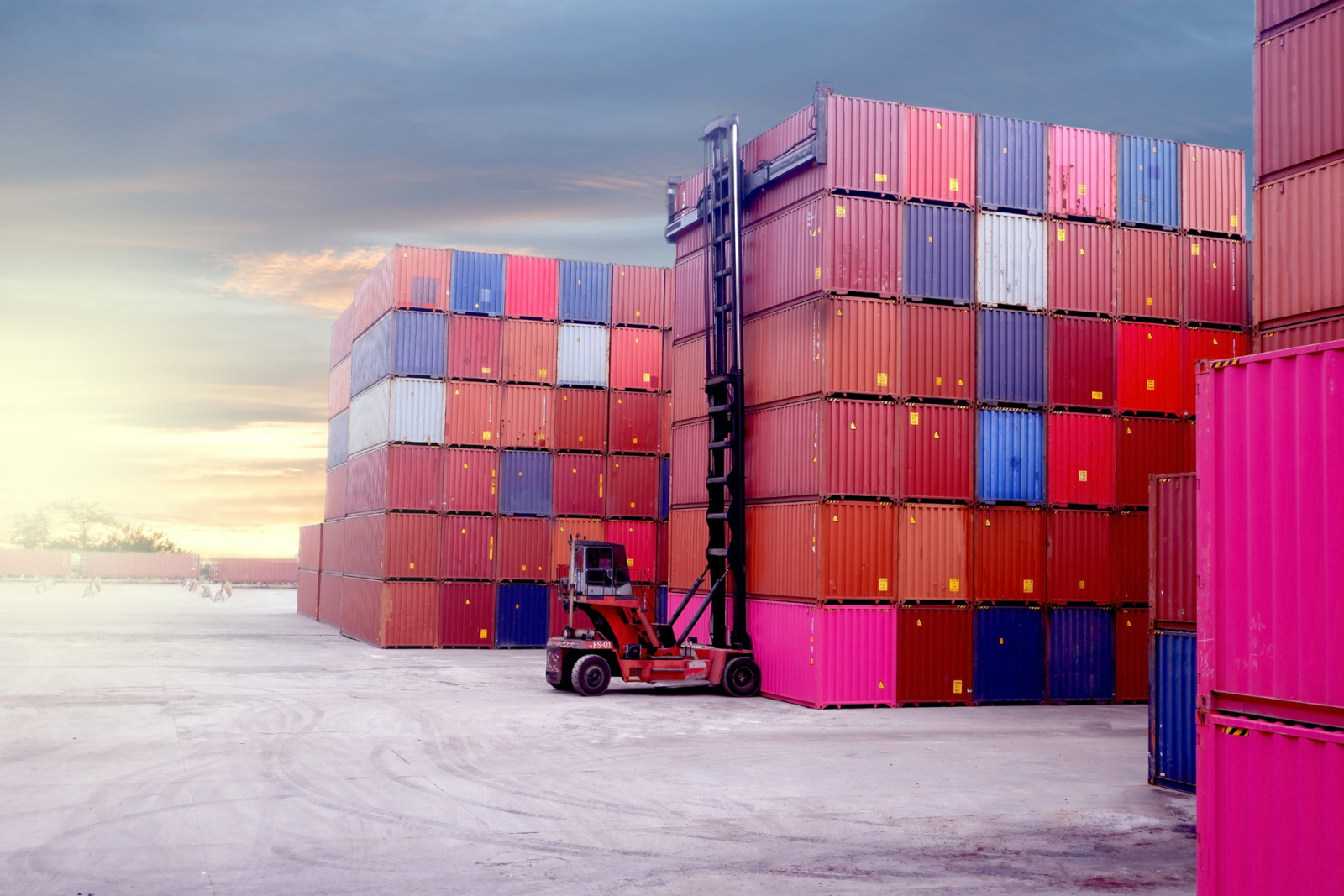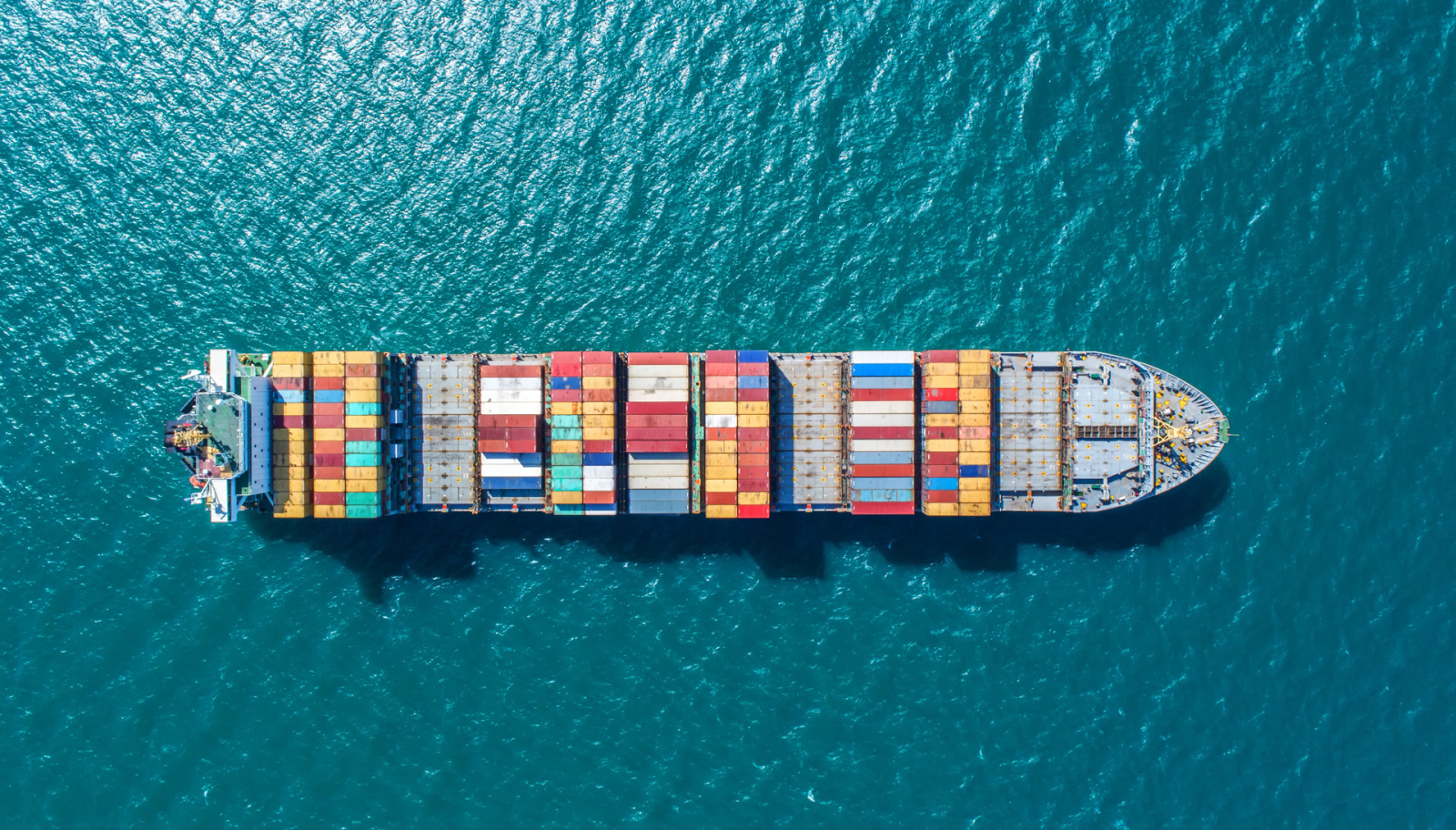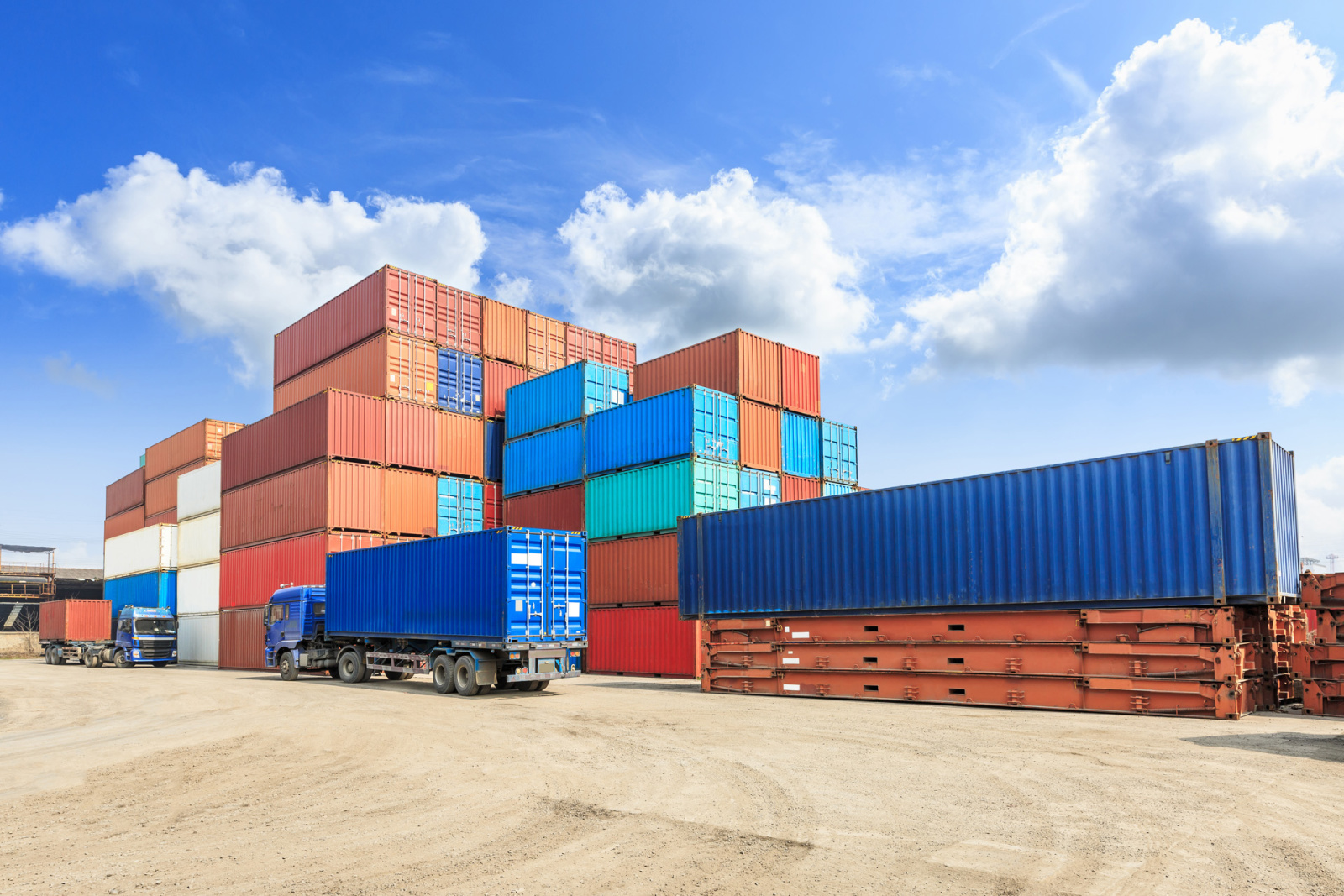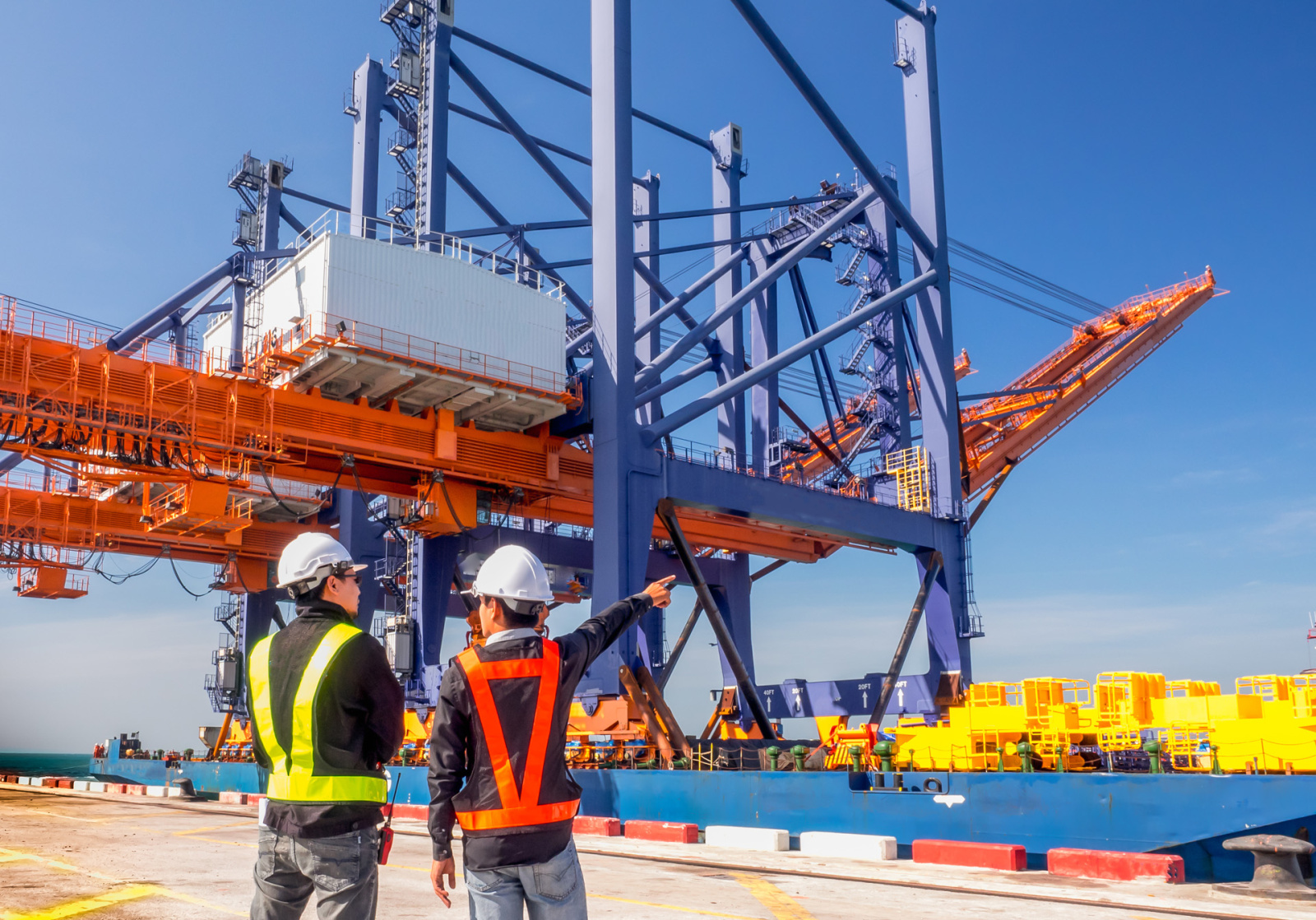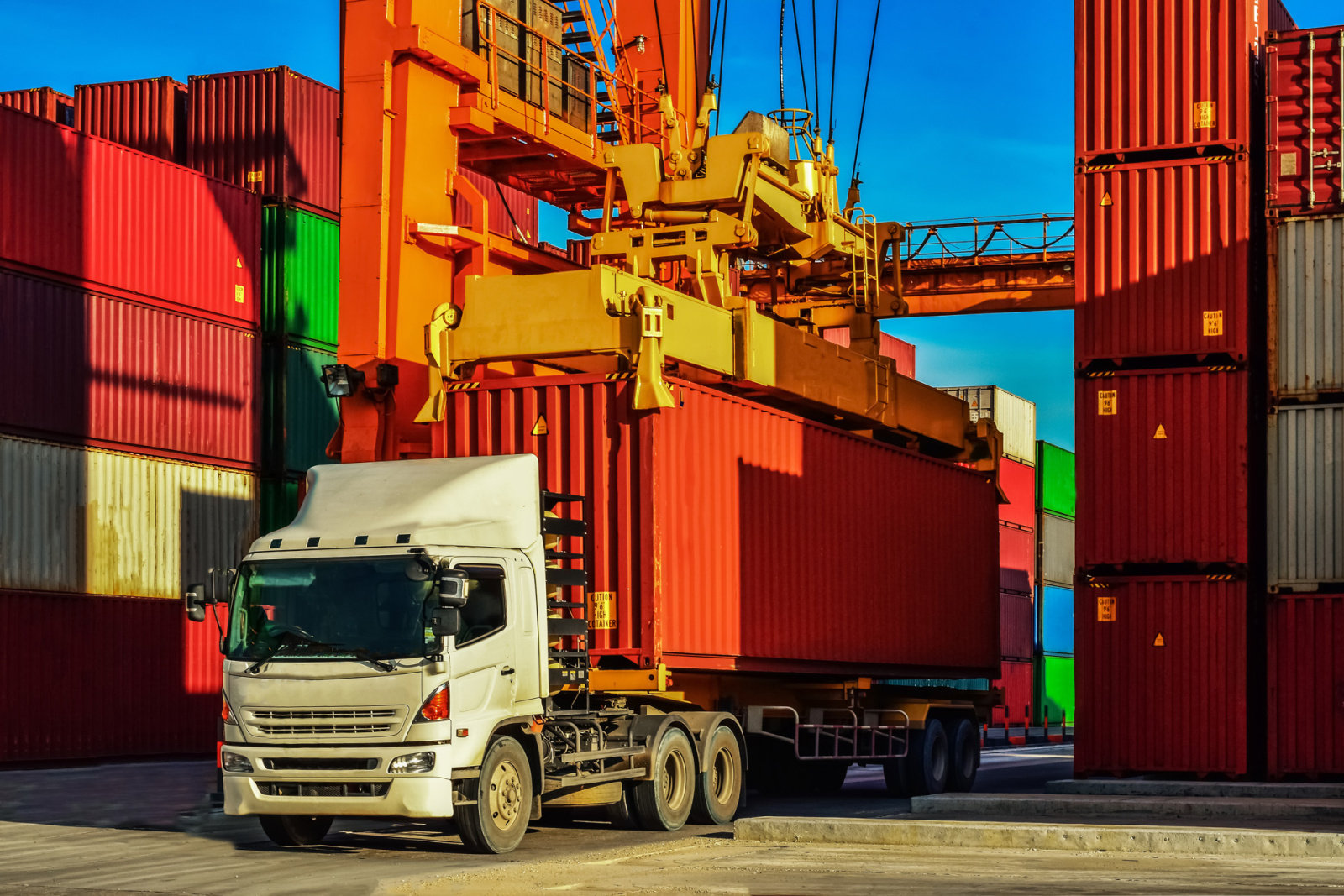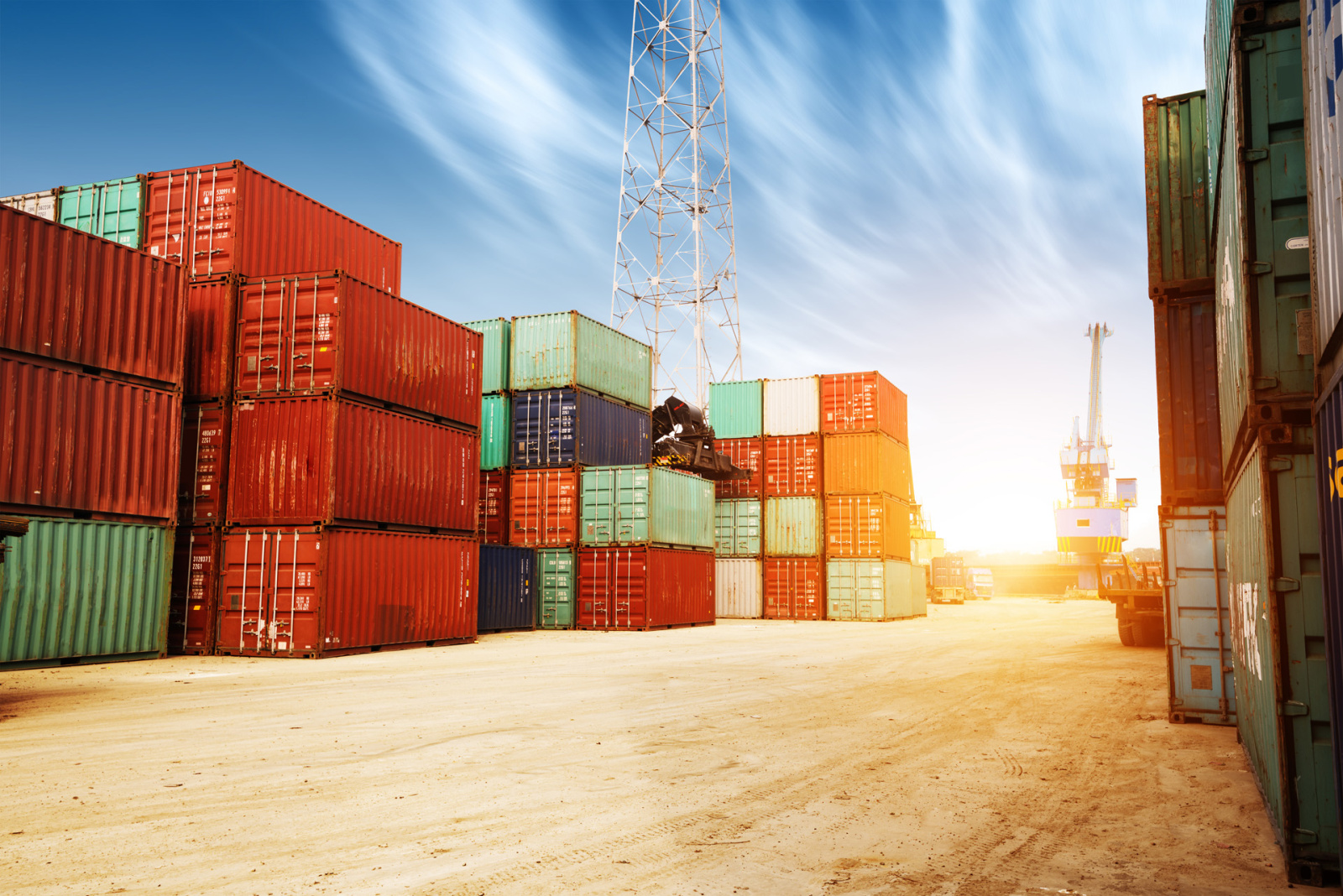
The Advantages and Disadvantages of LCL Shipments

Yoëlle
Import Operations
Apr 24, 2024
What does LCL mean, and what is an LCL shipment? When should you choose it? We explain the advantages and disadvantages of ‘Less than Container Load’ shipping.
What is LCL, and how does it work?
If importing and exporting goods worldwide is part of your business operations, you’ve likely encountered the term LCL. Amid all the container shipping options, there’s also a logistical solution for those who choose to send just a few pallets.
The term LCL stands for ‘Less than Container Load’—which literally means that you use less than a full container to ship your goods. The LCL process has some aspects that differ from using a full container.
Let's start with loading the container. In most cases, the container is not rented by you (unless you’re shipping a ‘Buyer’s consolidation,’ which we’ll cover in another article). This container is loaded at a warehouse, not at your factory or storage facility. Therefore, you need to ensure that the goods are delivered to this warehouse. Additionally, you’ll be sharing the container with other shippers who have also chosen the LCL option.
After loading, the process is mostly the same as sending a full container. The container is delivered to the terminal, where it is loaded onto the ocean vessel. Upon arrival at the destination port, the journey again passes through a warehouse, where the container is unloaded. Typically, customs formalities are completed when the container is unloaded at the terminal. In the case of LCL, it’s common for this to occur when your shipment is unloaded at the warehouse.
In summary, with LCL, there are additional warehouse activities involved in the process.
What are the advantages of LCL shipping?
The advantages:
- You only pay for the space you actually use.
- You don’t need to be a multinational to participate in the international market.
- Flexibility and better control over your inventory.
What are the disadvantages of LCL shipping?
Of course, there are disadvantages as well—it's always a matter of weighing options, but we must mention them. We don’t want you to go into something only half-informed.
The disadvantages:
- Increased risk of damages.
- Price fluctuations in the market.
- You are more susceptible to delays.
Want to learn more? Or need help?
Can we assist you with your LCL shipment?
The articles on our website have one goal: to provide you with the necessary information to make a decision that feels right and is right for you. There are many companies active in LCL shipments, and our advice is always to seek advice from a company familiar with the various components before making a decision. Be sure to also consider whether it might be better to use a full container if you have more than 8 pallets to ship.
Of course, our specialists are also ready to assist you, armed with their knowledge (and a calculator) to answer your questions.
Related blogs

Vietnam in 2026: The Growth Market for Smart Importers
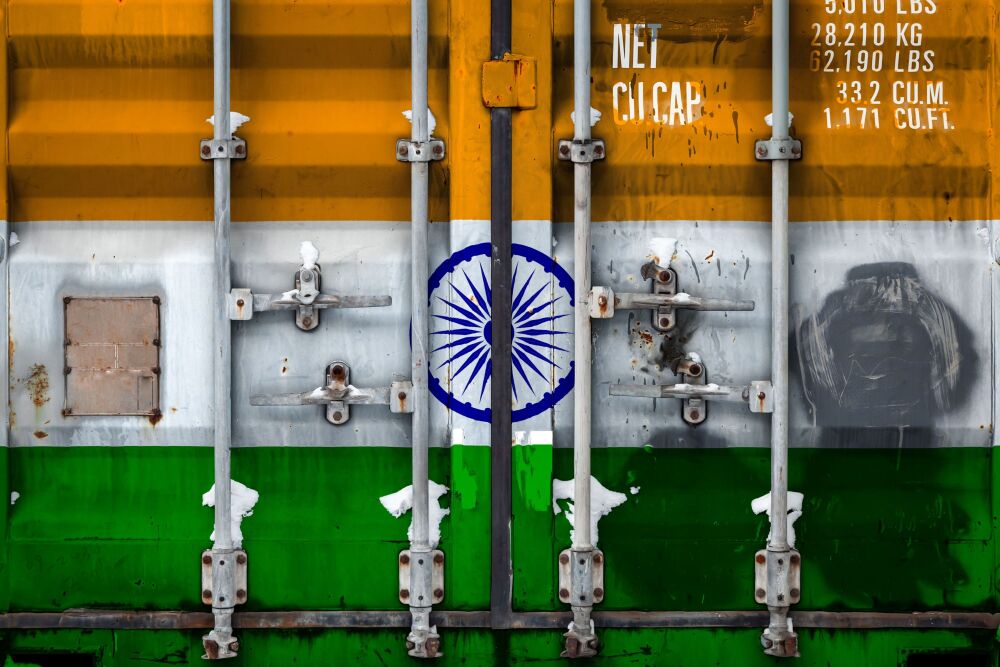
Importing from India: growth opportunities, trends, and local support
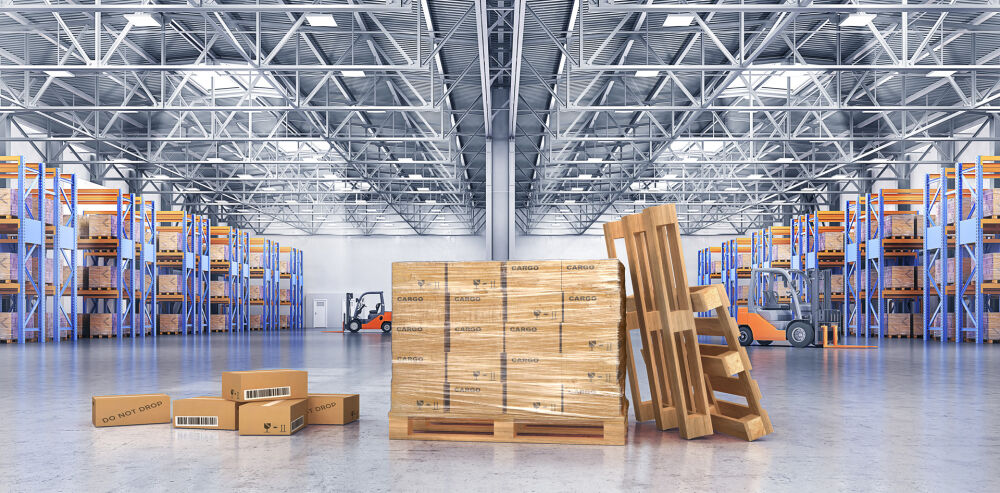
More than a freight forwarder: how we strengthen your supply chain

Vietnam: the trade engine of Southeast Asia
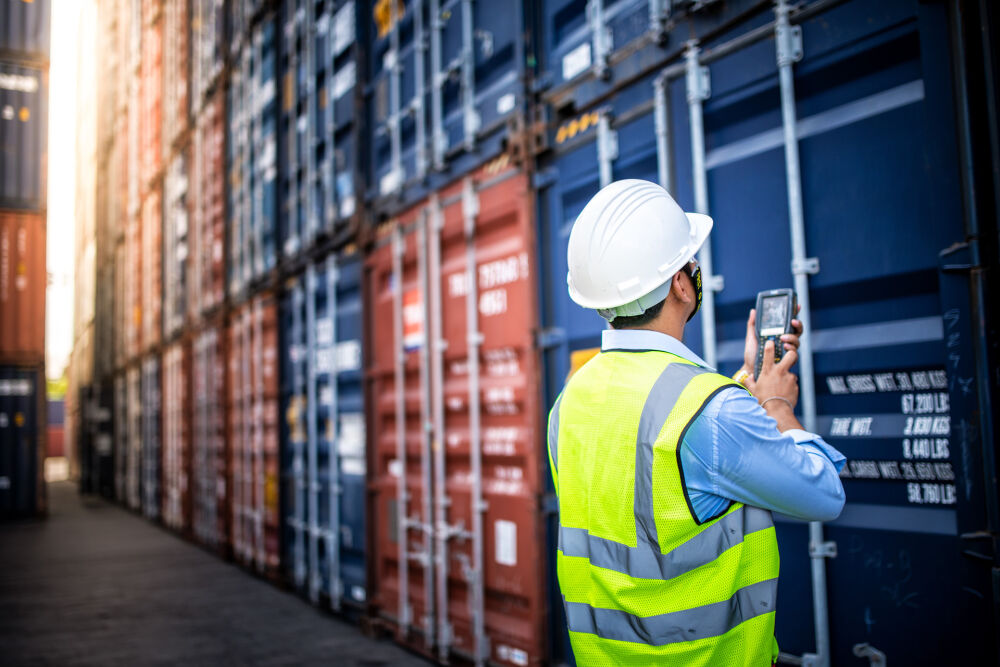
Why Quality Control in importing matters
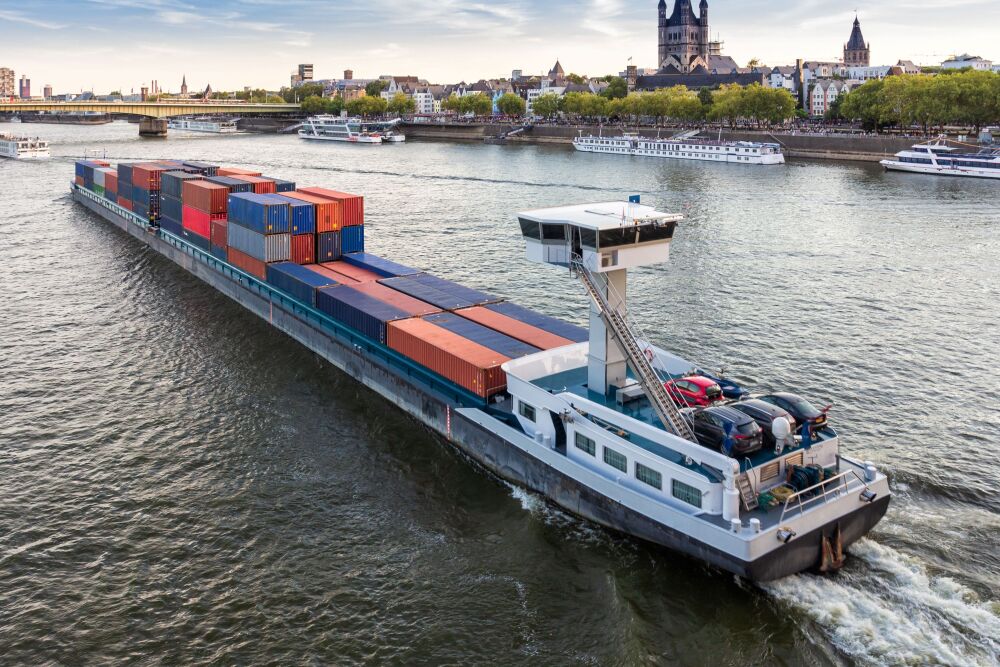
The benefits of transporting containers by barge
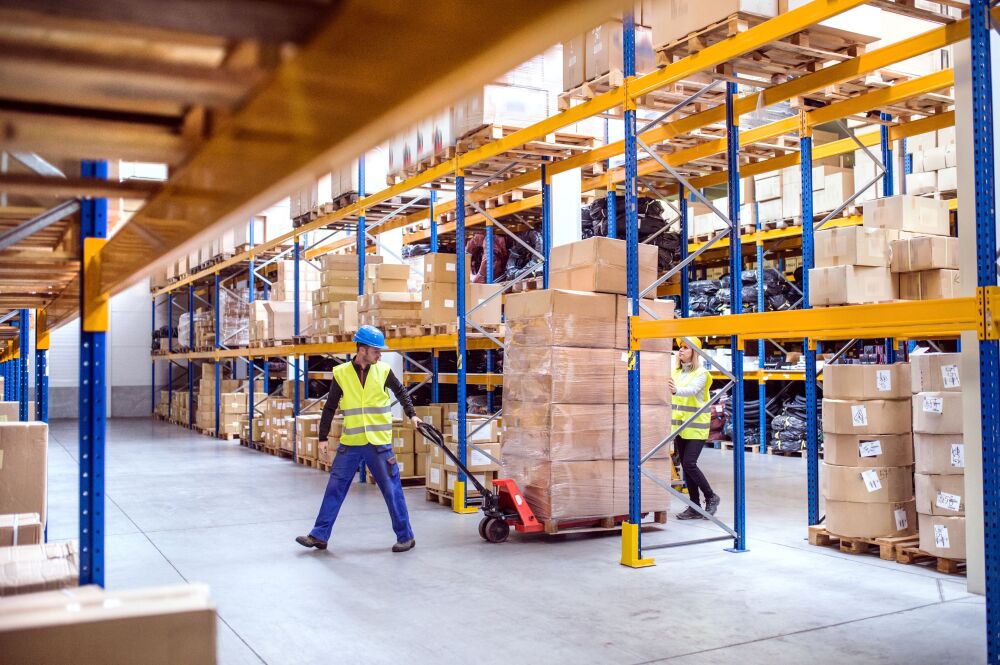
Consolidation: It's a Skill You Can Learn!
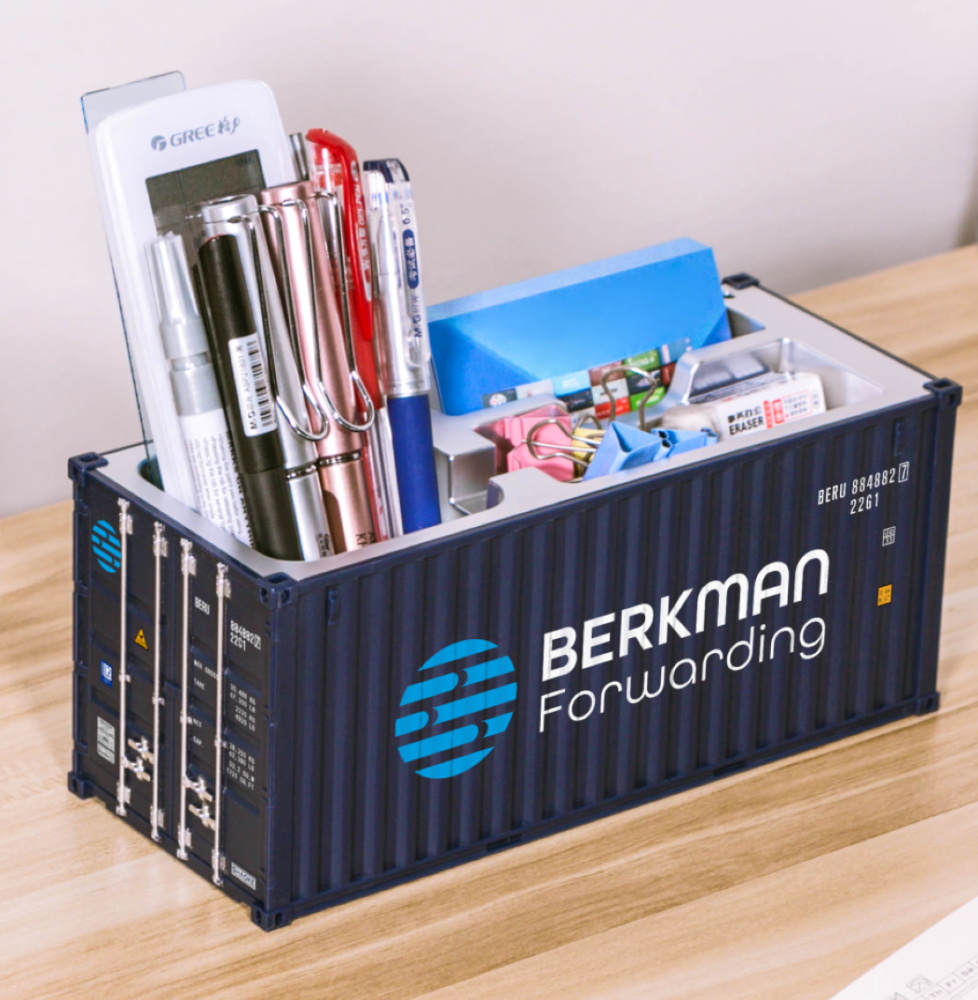
A Container is More Than Just a Black Box!
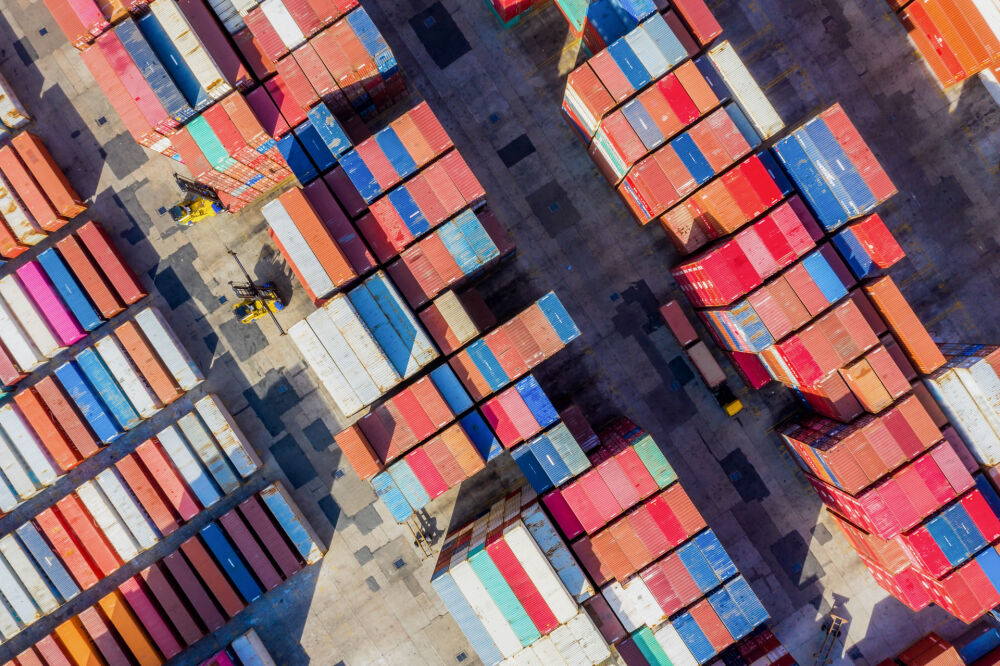
Incoterms: What Are They? And How Do You Use Them?
